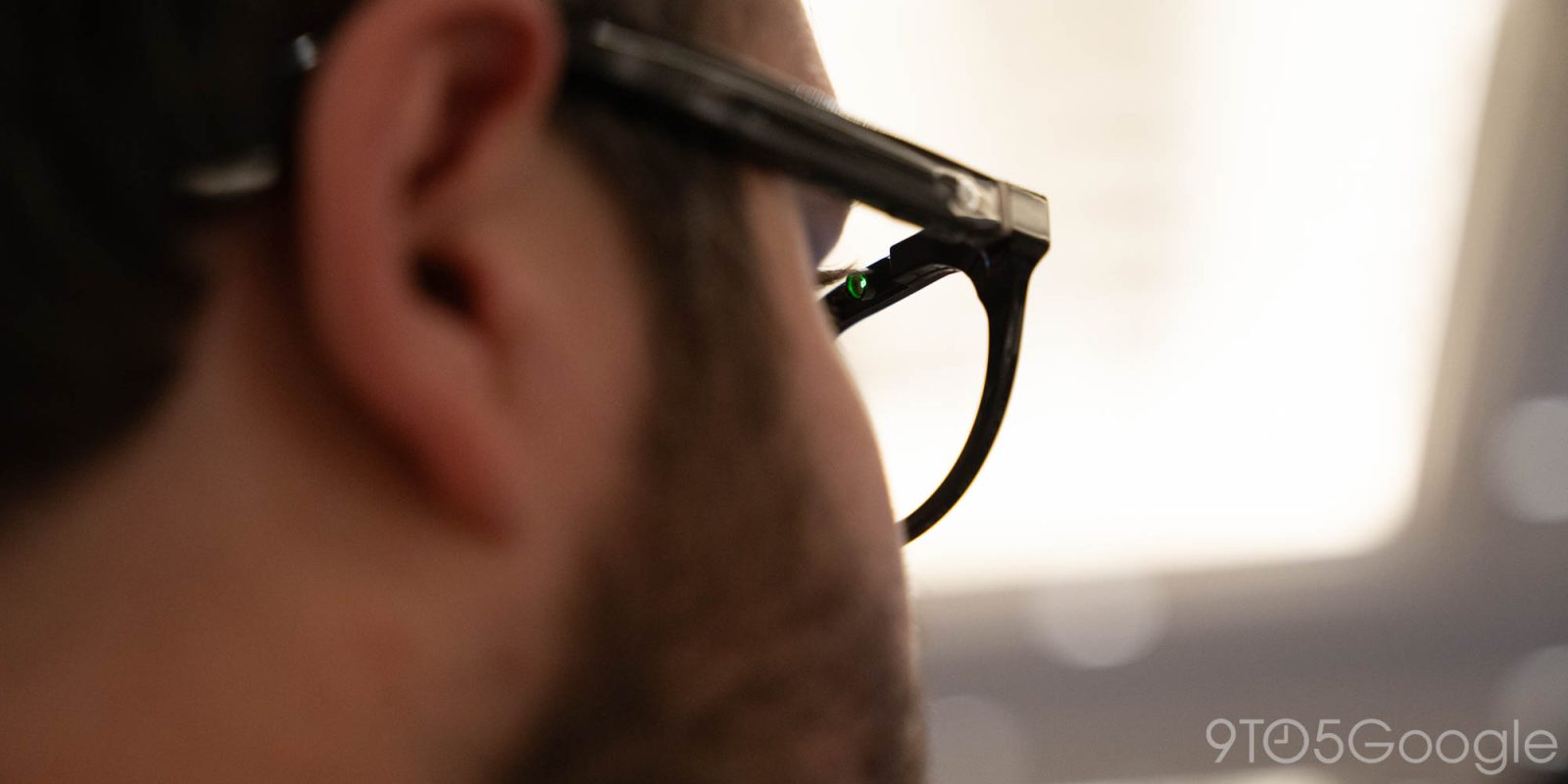Samsung goes big on anti-glare screens and AI with 2025 TV lineup

With its new lineup of TVs, Samsung is making a decision that I think might prove somewhat divisive. The company is bringing the matte, glare-free display technology that debuted on last year’s S95D OLED to several more models — including its flagship Mini LED sets. Here at CES 2025 in Las Vegas, Samsung is showcasing all of its latest TVs at its annual First Look event.
The new S95F QD-OLED gets blazingly bright, likely using a just-announced Samsung Display panel that’s technically capable of reaching 4,000 nits. According to the company, the glare-free coating has been improved to further cut down on reflections from overhead lighting, floor lamps, and sunlight. And similar to LG’s top-tier 2025 OLEDs announced earlier today, the S95F is capable of hitting a maximum refresh rate of 165Hz. PC gamers, rejoice.


If you’re wondering what’s so controversial about Samsung’s glare-free screen, some people insist it results in a worse overall picture than glossy coatings and that the perfect blacks of OLED aren’t so inky black in all lighting conditions anymore. This issue has been debated at length on Reddit, in YouTube videos (hey, Caleb), and all over AVS Forum.
But clearly Samsung remains undeterred by the haters because now the glare-free display is also coming to the company’s Mini LED “Neo QLED” TVs for the first time. That includes the flagship 4K QN90F and both of this year’s 8K models. (Buying an 8K TV is very silly; I still very much recommend against doing that.) Samsung’s other 2025 4K TVs will stick with a glossy treatment, so at least there are options if you refuse to go glare-free.
These latest Mini LED TVs are also available in some truly enormous sizes: the QN90F tops out at 115 inches, while the (glossy) QN80F can be had at up to 100 inches. Samsung says the wonderfully named “Supersize Picture Enhancer” will help keep 4K content looking crisp even on that giant QN90F. You still won’t find Dolby Vision on any of these TVs no matter the size; clearly, that’s a philosophical choice at this point.

Vision AI
For 2025, Samsung is pulling all of its AI-powered TV features under new branding called Vision AI. These include the usual suspects like AI Upscaling, Auto HDR Remastering, and Adaptive Sound Pro. But there’s a new Click to Search feature that can identify actors on-screen, the location of a shot, or what clothes are featured in a scene “with just one click of the new AI button on your SolarCell remote.” Yes, there’s now a dedicated AI remote button.
Another new AI trick is Samsung Food, which “recognizes the food on your screen and provides recipes for bringing it to life.” I’m mildly curious about this and can’t wait to see how accurate or off the mark it is. Live Translate is a much more helpful addition: it can “instantly translate closed captions on live broadcasts in up to seven languages.”
The company is also using AI to provide more robust home security features. From tonight’s press release:
Samsung AI Home Security transforms your TV into a smart security hub. It analyzes video feeds from your connected cameras and audio from your TV’s microphone to provide comprehensive home monitoring.
It can detect unusual sounds and movements, such as falls or break-ins, to give you more peace of mind whether you’re at home, or away.
You’ll receive alerts and notifications on your phone or directly on your TV screen, helping you stay connected to your home while ensuring the safety and well-being of your loved ones.
Samsung is even leveling up Bixby, which isn’t something we’ve said in a long time. The company’s voice assistant can now “better understand context and assist with multiple actions — like changing the channel and raising the volume at the same time.” You can also now control your Samsung TV with the Galaxy Watch on your wrist. That’s got absolutely nothing to do with AI, but it might be convenient at times.
As for its lifestyle TVs, Samsung is announcing The Frame Pro, which you can read all about here. Pricing for all of these 2025 TVs will be announced over the next few months, and they’ll begin to ship this spring.
Photography by Chris Welch / The Verge



:max_bytes(150000):strip_icc():format(jpeg)/colman-domingo-golden-globes-010525-846d1b763c2144819ab8b0af3eec8b89.jpg)
:max_bytes(150000):strip_icc():format(jpeg)/Brady-Corbet-2025-Golden-Globes-010525-c2fc2f4e91af469b951954cf7226bb88.jpg)
:max_bytes(150000):strip_icc():format(jpeg)/kylie-jenner-timothee-chalamet-golden-globes-010525-e52cfb6f02a147369f64e7a80bd68f1b.jpg)
:max_bytes(150000):strip_icc():format(jpeg)/90-Day-Fiance-Before-the-90-Days-010325-10-74988c1003fa41c8b308e4ede25fd7ef.jpg)
:max_bytes(150000):strip_icc():format(jpeg)/jamie-foxx-1-010524-771f02182e4642c195cde3292b5ad948.jpg)
:max_bytes(150000):strip_icc():format(jpeg)/dax-shepard-kristen-bell-golden-globes-010525-ffe8d2179b364aae939e7412d9850f3f.jpg)
:max_bytes(150000):strip_icc():format(jpeg)/Colin-Farrell-2025-Golden-Globes-010525-954387e1e55b41f88828bde544ce11b9.jpg)
:max_bytes(150000):strip_icc():format(jpeg)/Ali-Wong-2025-Golden-Globes-010525-2-9bf5710078db4d1ba96162a900bcf642.jpg)
:max_bytes(150000):strip_icc():format(jpeg)/Jean-Smart-2025-Golden-Globes-010525-3704b1f407694bbe965708037ecd2e10.jpg)
:max_bytes(150000):strip_icc():format(jpeg)/zahara-angelina-jolie-golden-globes-010525-1d3293acea0b4e819e13c1d279a07471.jpg)
:max_bytes(150000):strip_icc():format(jpeg)/ariana-grande-golden-globes-2025-tout-010525-3e4c48ae5a9f429bb16a7d9eec42a280.jpg)




